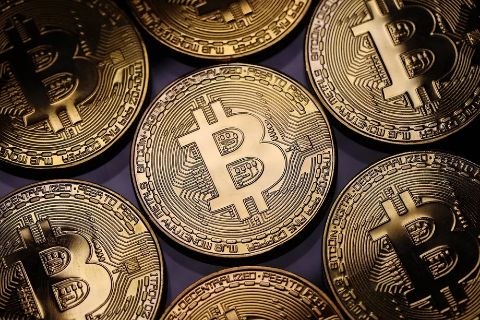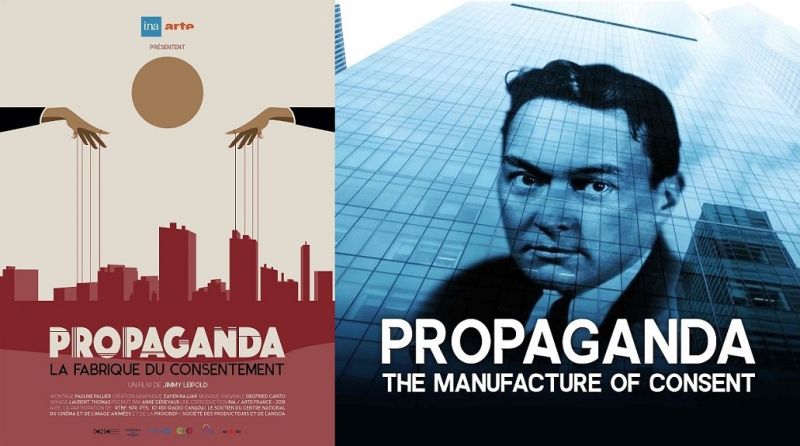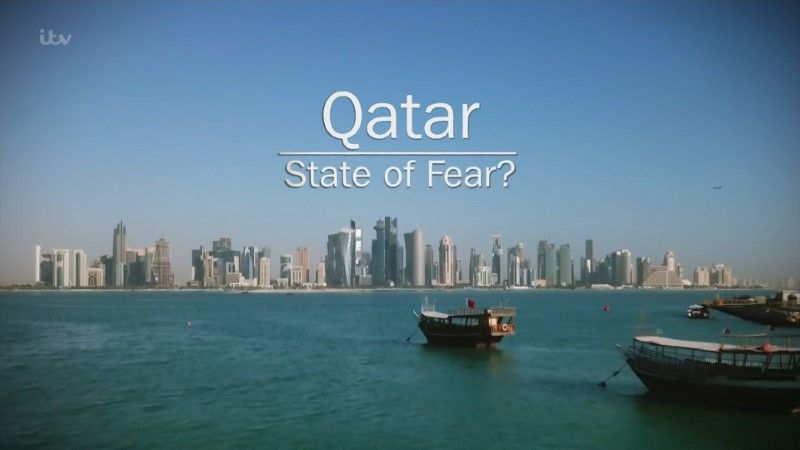Plutocrats • 2017
This documentary travels through a world of joblessness, debt, and economic uncertainty to the sovereign nation of the plutocrats, where each crisis seems to offer a new business opportunity. In America, where the 2008 financial meltdown cost $4 trillion in economic output, fortunes were made by the very people who precipitated the disaster while millions lost their homes and their savings. Austerity in Europe, economic stagnation in Asia, a lost generation of the young and unemployed - signs we are living through a fundamental global reorganization, the result of which no-one can predict. The world of the 1% has arrived, and the wealth gap is now greater in many countries than during the Gilded Age, the era of the Rockefellers, Carnegies and Vanderbilts. Can our stressed democracies deal with the fallout? Or have governments simply become instruments of the new elite?
Make a donation
Buy a brother a hot coffee? Or a cold beer?
Hope you're finding these documentaries fascinating and eye-opening. It's just me, working hard behind the scenes to bring you this enriching content.
Running and maintaining a website like this takes time and resources. That's why I'm reaching out to you. If you appreciate what I do and would like to support my efforts, would you consider "buying me a coffee"?
Donation addresses
BTC: bc1q8ldskxh4x9qnddhcrgcun8rtvddeldm2a07r2v
ETH: 0x5CCAAA1afc5c5D814129d99277dDb5A979672116
With your donation through , you can show your appreciation and help me keep this project going. Every contribution, no matter how small, makes a significant impact. It goes directly towards covering server costs.





